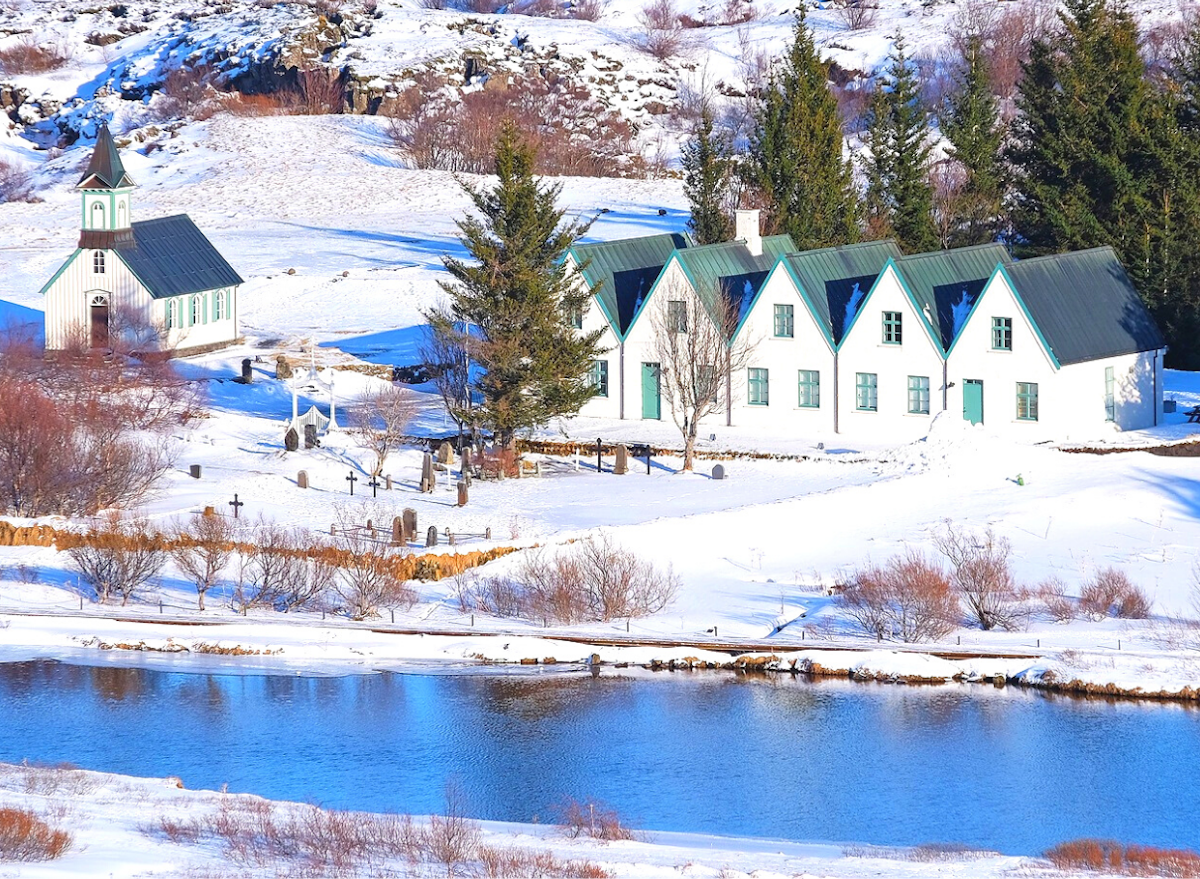The Icelandic Economy - Q4 2021
The Iceland Chamber of Commerce has published a new edition of The Icelandic Economy, which gives a unique and comprehensive overview of the economy.

For many years, Iceland Chamber of Commerce has published an annual report called The Iceland Economy. Earlier this year we announced that the report will now be published four times a year and today we’ve released our second quarterly version.
Over just three months – since our last report published in July – there have been many moving parts as the economy recovers from the pandemic induced recession: Further signs of a strong recovery, lively capital and real estate markets and the Central Bank’s decisions to continue hiking rates.

Highlights
Economic Developments
Iceland has sustained a strong economic recovery over the past months with growing domestic demand, tourism and other exports as the pandemic remains contained. The outlook is overall positive with forecasts of strong growth over the next couple of years. Inflation, however, has been a cause for worry and remains at 4.4%, forcing the Central Bank to hike rates as late as 6 October to 1.5%. Hopes are for inflation to slow down to the 2.5% target next year.
Other developments of interest include booming housing and stock markets, relatively stable exchange rate, rapidly declining unemployment rate and 2% of GDP smaller budget deficit than expected in the first half of 2021.
Iceland at a Glance
Iceland ranks highly on several international indicators. In the IMD’s Competitiveness Index it is 21st, behind the other Nordics. Infrastructure and several indicators regarding business efficiency are particular strengths while the country’s small size and financial environment lag behind despite improvements in the latter.
Institutional Framework
Iceland is a parliamentary republic with a large public sector. The Central Bank targets inflation and the financial system is characterised by prominent pension funds.
The government comfortably held its majority in parliamentary election on 25 September. At the time of publication, the three majority parties are in discussion to renew the coalition agreement and a cabinet re-shuffle is expected.

The Icelandic economy has undergone drastic changes in recent years and for a small open economy it is important to frequently convey useful information to stakeholders. Therefore, the report is sent to thousands of recipients in business, governmental administration and other organisations around the world, in addition to being freely available online.
The Chamber also offers a presentation for interested parties. Please contact the Chamber's Chief Economist, Konráð S. Guðjónsson (konrad@vi.is), for further information.




